Blood rosewood carving is a type of handcrafted artwork that utilizes blood rosewood as its raw material. Blood rosewood, also known as Zambian purplewood, boasts a hard and fine wood texture, with a deep red or purple hue adorned with unique grain and gloss, making it ideally suited for carving. Below is a detailed introduction to blood rosewood carving:
I. Characteristics of Blood Rosewood Carving
Superior Material: Blood rosewood is renowned for its hardness, high density, and resistance to deformation and cracking, ensuring the stability and durability of carved works.
Aesthetically Pleasing Color: The deep red or purple coloration, coupled with its natural gloss and intricate grain patterns, imparts a magnificent elegance to the carved pieces.
Elaborate Craftsmanship: Thanks to its material properties, blood rosewood allows for intricate carving and polishing, resulting in exquisite and vivid artistic representations.
II. Types of Blood Rosewood Carving
Blood rosewood carving encompasses a diverse range of categories, including ornaments, pendants, cultural collectibles, and furniture. Among them, ornaments might feature Buddhist deities like Guanyin’s head or various animal figures; pendants can be pendants or bracelets; cultural collectibles might encompass seals or handheld items; and furniture might include tables, chairs, or screens. These works not only possess ornamental value but also embody rich cultural connotations and symbolic meanings.
III. Symbolic Meanings of Blood Rosewood Carving
Blood rosewood carving pieces often embody auspicious, prosperous, and peaceful aspirations. For instance, a Guanyin head ornament symbolizes compassion and wisdom, while animal figurines may signify good fortune, prosperity, and abundance. These symbolic meanings have further endeared blood rosewood carving to the public.
IV. Preservation of Blood Rosewood Carving
To maintain the beauty and durability of blood rosewood carving works, the following preservation methods should be observed:
Avoid Direct Sunlight: Prolonged exposure to sunlight can cause discoloration and cracking, so works should be placed in a cool, well-ventilated area.
Prevent Moisture: Humid environments can lead to mold growth and deformation, thus keeping the works dry is essential.
Regular Cleaning: Use a soft cloth or brush to gently wipe the surface to remove dust and dirt.
Avoid Collisions: Blood rosewood carving works are relatively fragile and should be kept away from impacts or squeezing by hard objects.
V. Market Value of Blood Rosewood Carving
As people increasingly value traditional culture and the art market continues to expand, the market value of blood rosewood carving works has gradually risen. Outstanding pieces not only possess ornamental and cultural value but also significant collection and investment potential.
In conclusion, blood rosewood carving represents an art form with unique charm and profound cultural heritage. By understanding its characteristics, types, symbolic meanings, and preservation methods, we can better appreciate and collect these precious artworks.
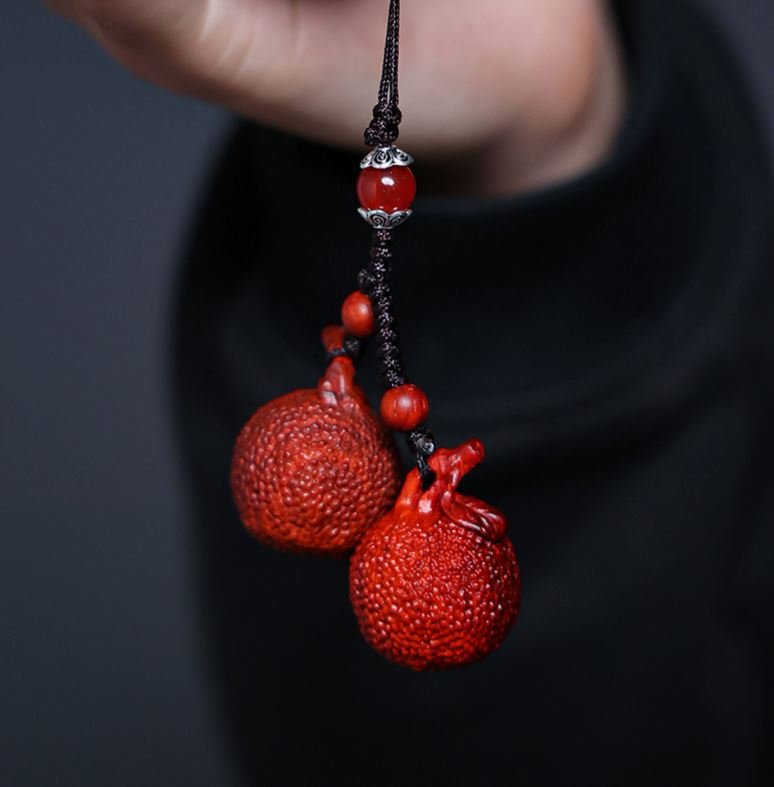
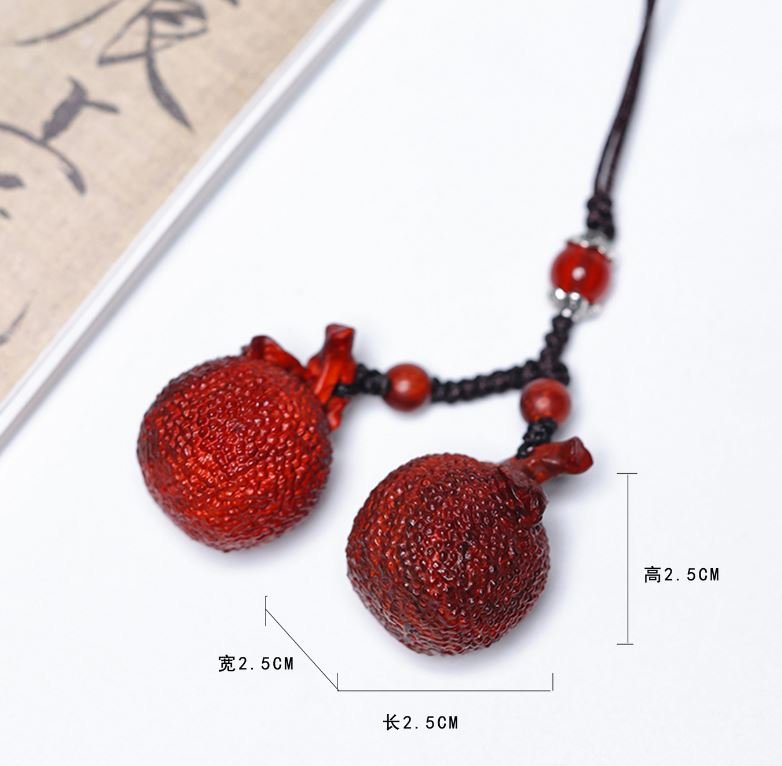
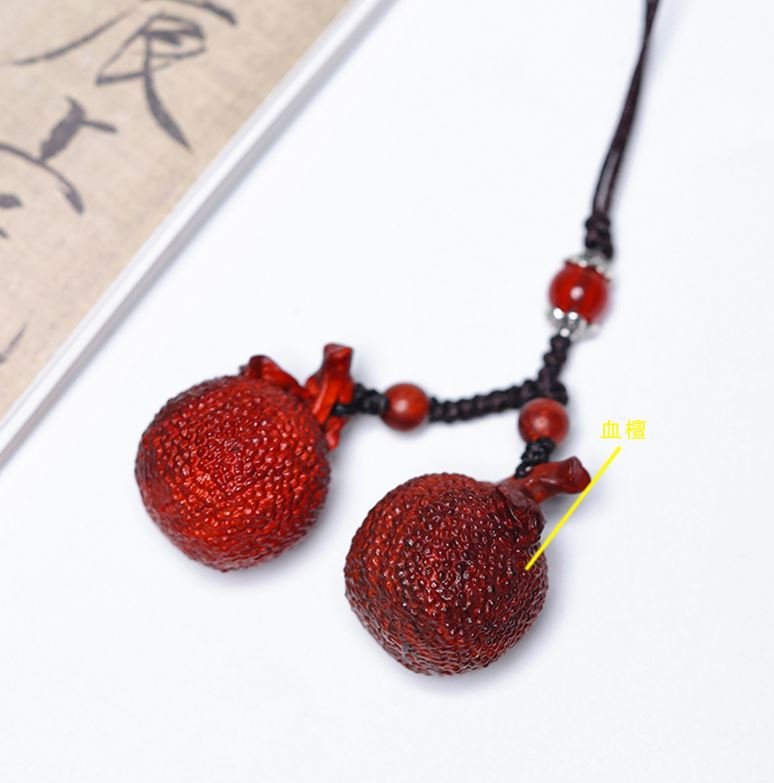
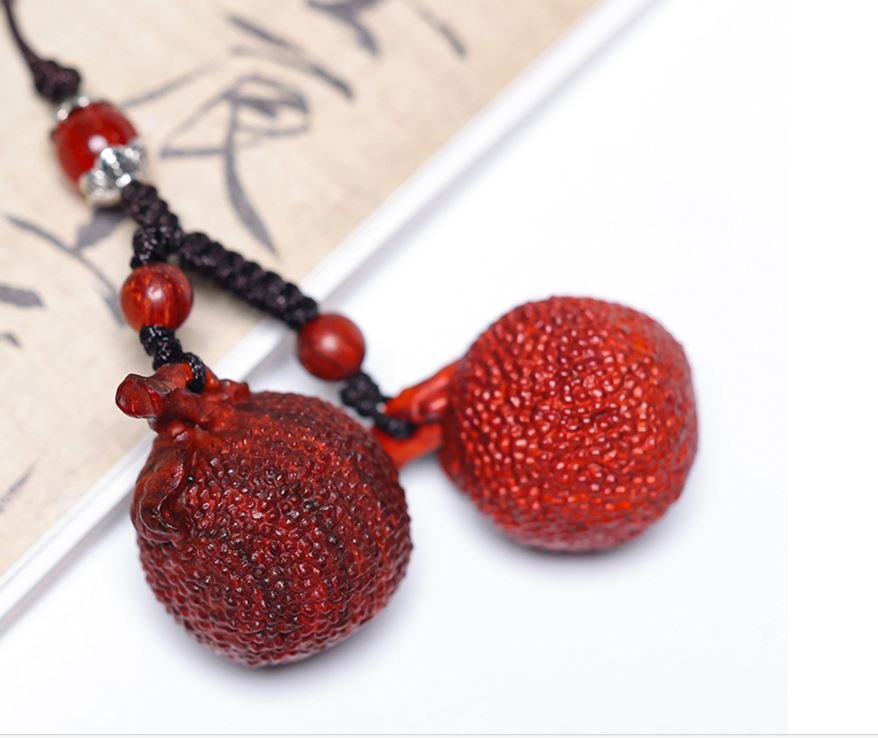

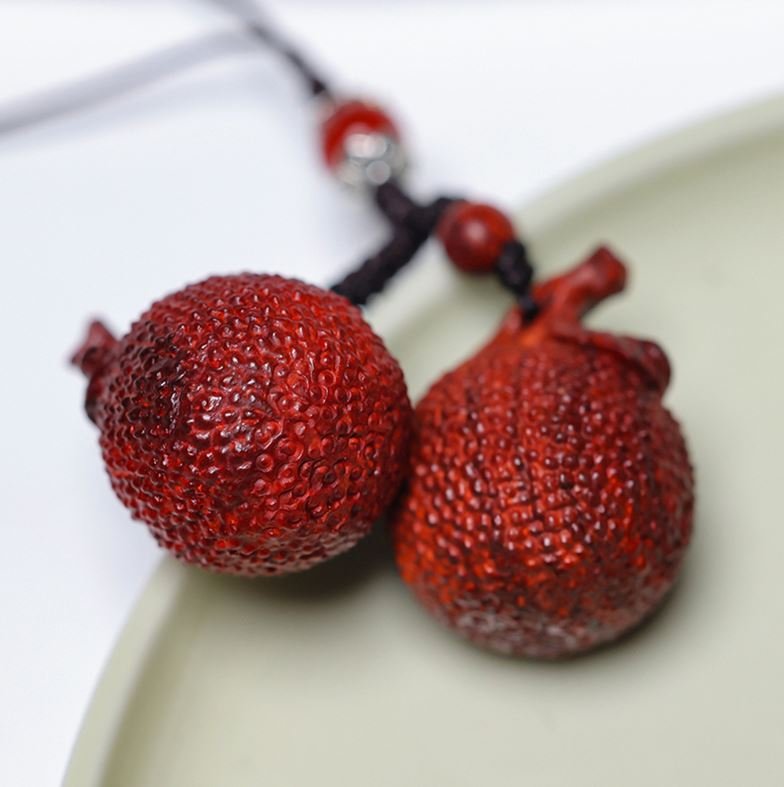
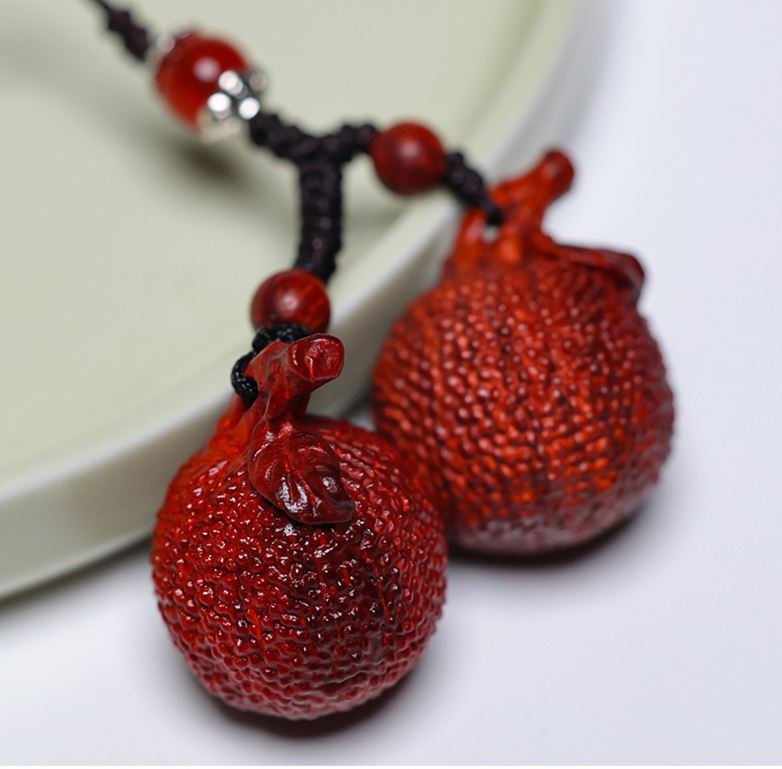
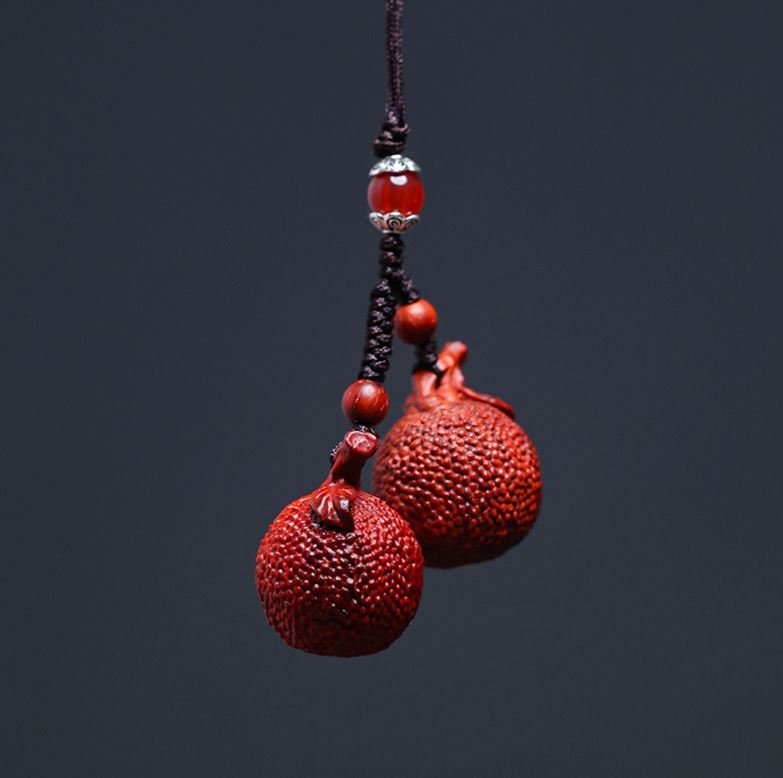
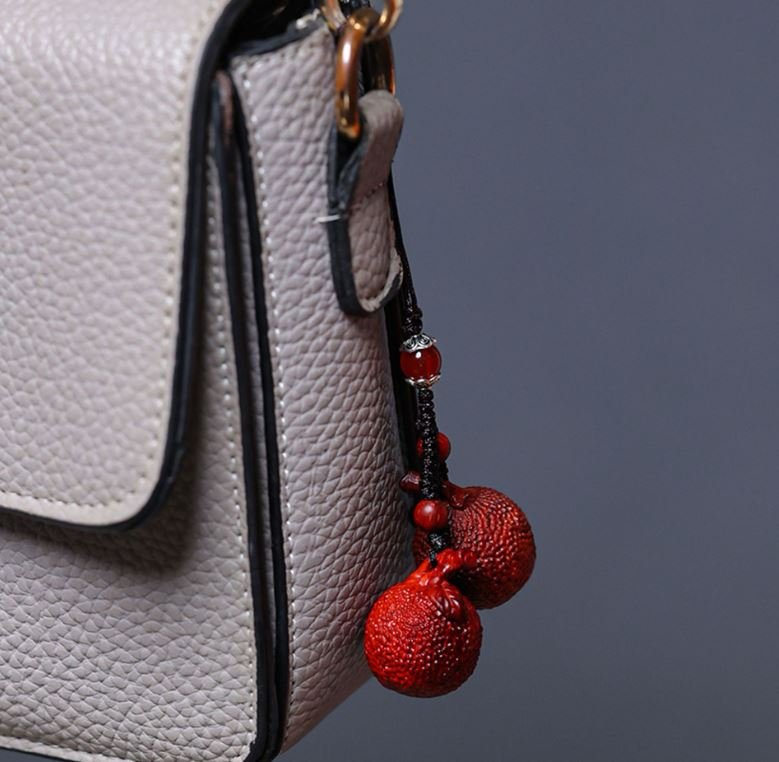
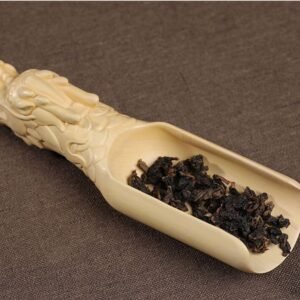



Reviews
There are no reviews yet.